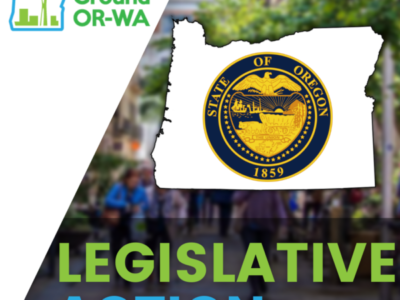Reviewed in ABA Tax Times, August 2017 by Bree Ermentrout, Springfield, VA
The term “good tax” may raise eyebrows outside the tax community, but Joan Youngman’s well-written and jargon-free book may convince even non-practitioners of the property tax’s merits. Youngman is the Senior President and Chair of the Department of Valuation and Taxation at the Lincoln Institute of Land Policy in Cambridge, Massachusetts.
In an excellent primer, Youngman devotes the first four chapters of A Good Tax to explaining the basics of property taxes. The Constitution’s prohibition on direct taxation means that property tax is the domain of state and local governments. Youngman considers this appropriate since schools and local services can have a direct impact on property value. Originally a tax on all property, the property tax evolved into what is today primarily a tax on buildings and land. Youngman advocates for limiting the tax to land as only the land is truly immovable and in fixed supply and typically its value does not reflect [a private owner’s] additional investment or improvements. While recognizing that an asset tax may result in increased taxes without corresponding cash flow, she believes that this difficulty can be resolved through administrative adjustments such as deferral programs for senior citizens.
Comment: Common Ground ORWA is promoting a local option land value tax as a reform measure in the Oregon State legislature. As a companion piece, we are proposing tax relief in the form of a deferral for those with limited incomes who are impacted by increased taxes. Our proposals dovetail precisely with the ideas Youngman advocates.
___________________________________________________________________________




